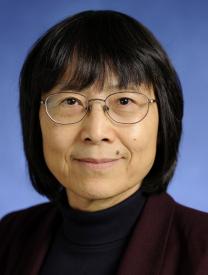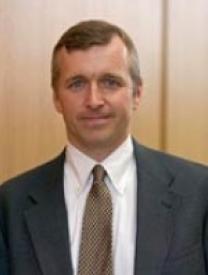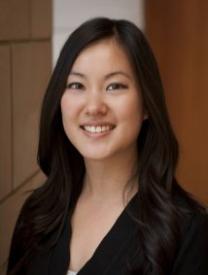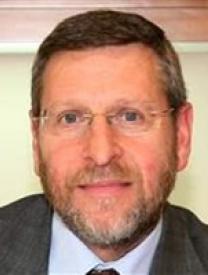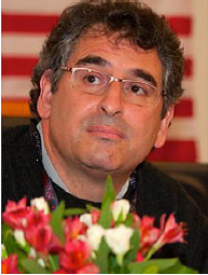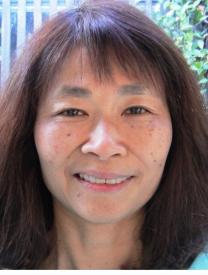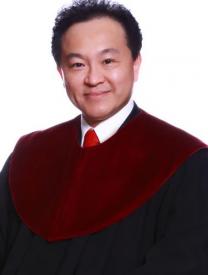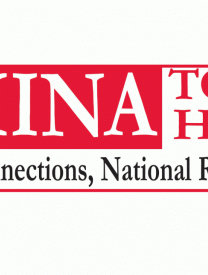Each year, the CSCC invites leading experts to Penn to present their research and share their knowledge about contemporary China. Typically scheduled for Wednesday afternoons 4:30-6 pm, speakers will deliver their remarks and then entertain questions from the audience. Attendance is open to the entire Penn community. Announcements about upcoming talks will be posted on the CSCC website and disseminated via the Center’s listserv. To be added to the listserv, please visit our signup page https://groups.sas.upenn.edu/mailman/listinfo/cscc-announce.
Past Speaker Series
Rural-urban Migration and the Cognitive and Emotional Development of Middle Schoolers in China
Lingxin Hao, Professor of Sociology, Johns Hopkins University
China’s unprecedented rural-urban migration adds profound complications to the entrenched rural-urban spatial inequality in the cognitive and emotional development of middle schoolers.…
The China Challenge: Shaping The Choices of A Rising Power
Thomas Christensen, William P. Boswell Professor of World Politics of Peace and War, Princeton University
Many see China as a rival superpower to the United States and imagine…
Seeking Truth from Facts: Data-driven Environmental Policy in China
Angel Hsu, Assistant Professor, Yale-NUS College and Yale School of Forestry and Environmental Studies
When China’s environmental policy is discussed, scholars frequently point to an “implementation gap” between national environmental policy creation and execution at the local level. In particular, scholars of Western…
China’s Economic Slowdown and Spillover to the Rest of the World
David Dollar, Senior Fellow, John L. Thornton China Center, Brookings Institution
China’s economic growth is slowing down and this is creating jitters throughout world markets. President Xi Jinping on his recent visit said this was a normal development now that China has reached middle…
Back to Bipolarity: Structural-Realist Theory and the Rise of China
Karen Ruth Adams, Associate Professor of International Relations, University of Montana
Karen Adams argues that the unipolar international-political system dominated by the United States ended in 2014 with China’s rise to great-power status. The argument has four steps. First, she situates and…
Trends in Protecting Intellectual Property Online in China
Joe Simone, Simone IP Services
After spending most of his career with big law firms, in 2012 he established SIPS (Simone IP Services) a Hong Kong-based IP boutique. Joe has been on the front lines in advising American and European IP owners in…
The Specter of Global China: Is Chinese Capital a Different Kind of Capital?
Ching Kwan Lee, Professor of Sociology, UCLA
Drawing on data collected through comparative ethnographic fieldwork on Chinese investments in Zambia in the past five years, this talk seeks to answer the questions: What is the peculiarity of Chinese capital?…
Constitutional Review on Taiwan: Review and Prospects
Dennis Te-Chung Tang, Justice of the Constitutional Court of the Republic of China (Taiwan)
Constitutional judicial review—the authority of a court to declare a decision by a state organ unconstitutional—has existed in Taiwan since 1949 and has developed dramatically since then. Decisions by…
National Committee on U.S.-China Relations Town Hall with Yasheng Huang
Yasheng Huang, Professor of International Management, MIT Sloan School of Management
6:00 PM - Presentation by Yasheng Huang, Massachusetts Institute of Technology
7:00 PM - Live national webcast on U.S.-China Relations
China's…
The China Model: Political Meritocracy and the Limits of Democracy
Daniel Bell, Chair Professor of the Schwarzman Scholars program, Tsinghua University, Beijing; Director of the Berggruen Institute of Philosophy and Culture.
Westerners tend to divide the political world into "good" democracies and "bad" authoritarian regimes. But the Chinese political model does not fit neatly in either category. Over the past three decades,…

